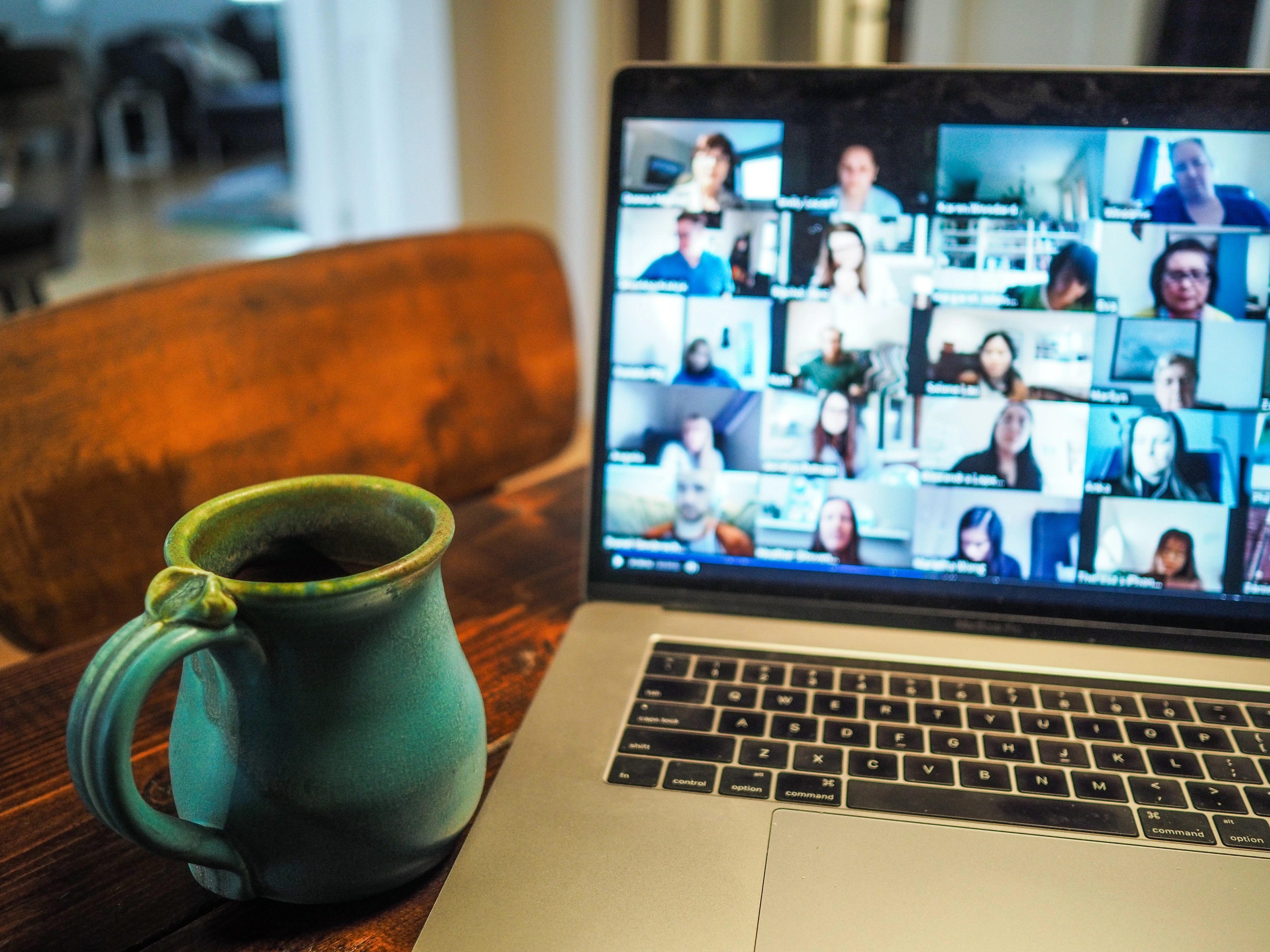
Partner Article
Half of us haven’t been able to use basic online services during pandemic
One year on from the start of the pandemic, many in the UK and US still face difficulties when accessing basic online services, according to new research from digital transformation agency Kin + Carta.
Nearly half (49%) of people have either struggled, or know someone else who has struggled, to gain access to one or more services over the past year because of how they are offered online. This includes vital digital resources such as healthcare, education, grocery delivery and official information relating to the pandemic.
Richard Neish, managing director at Kin + Carta Connect, says: “The upgrade cycle and planned obsolescence strategies adopted by some tech firms means that consumers using older devices won’t necessarily be able to access all the information and services they need, particularly when they are hosted through apps. It’s up to the corporate world to ensure their platforms and products are as accessible as possible - not doing so genuinely affects people’s quality of life. “The most vulnerable segments of society, including those in the gig economy, have been priced out of access to services that have become essential during lockdown, such as grocery deliveries, healthcare and job postings.”
The additional pressures placed on domestic technology provision and broadband services have become acutely apparent when multiple family members are working and/or studying at home: four in ten (43%) households don’t have enough connected devices for parents and children to work simultaneously.
Neish concludes: “Lockdown has shown just how difficult it can be for people to adapt to working and studying from home. Nobody should have to choose between working to put food on the table and their child’s education, but this is what some people have faced. “What we’re seeing is nothing less than data impoverishment. As long as this situation is allowed to continue, it’s at-risk groups who suffer the most. Not addressing the issue could come back to bite the tech brands, and the message from consumers is clear: three in four (74%) indicate it’s important that websites and apps should be accessible to people with different needs within their households.”
This was posted in Bdaily's Members' News section by Alex Sampson .






 A legacy in stone and spirit
A legacy in stone and spirit
 Shaping the future: Your guide to planning reforms
Shaping the future: Your guide to planning reforms
 The future direction of expert witness services
The future direction of expert witness services
 Getting people into gear for a workplace return
Getting people into gear for a workplace return
 What to expect in the Spring Statement
What to expect in the Spring Statement
 Sunderland leading way in UK office supply market
Sunderland leading way in UK office supply market
 Key construction developments in 2025
Key construction developments in 2025
 Mediation must be part of planning process
Mediation must be part of planning process
 From apprentice to chief financial officer
From apprentice to chief financial officer
 Don't stifle growth with apprenticeship cuts
Don't stifle growth with apprenticeship cuts
 The start-up landscape: What lies ahead in 2025
The start-up landscape: What lies ahead in 2025
 JATCO adds welcome drive to automotive sector
JATCO adds welcome drive to automotive sector